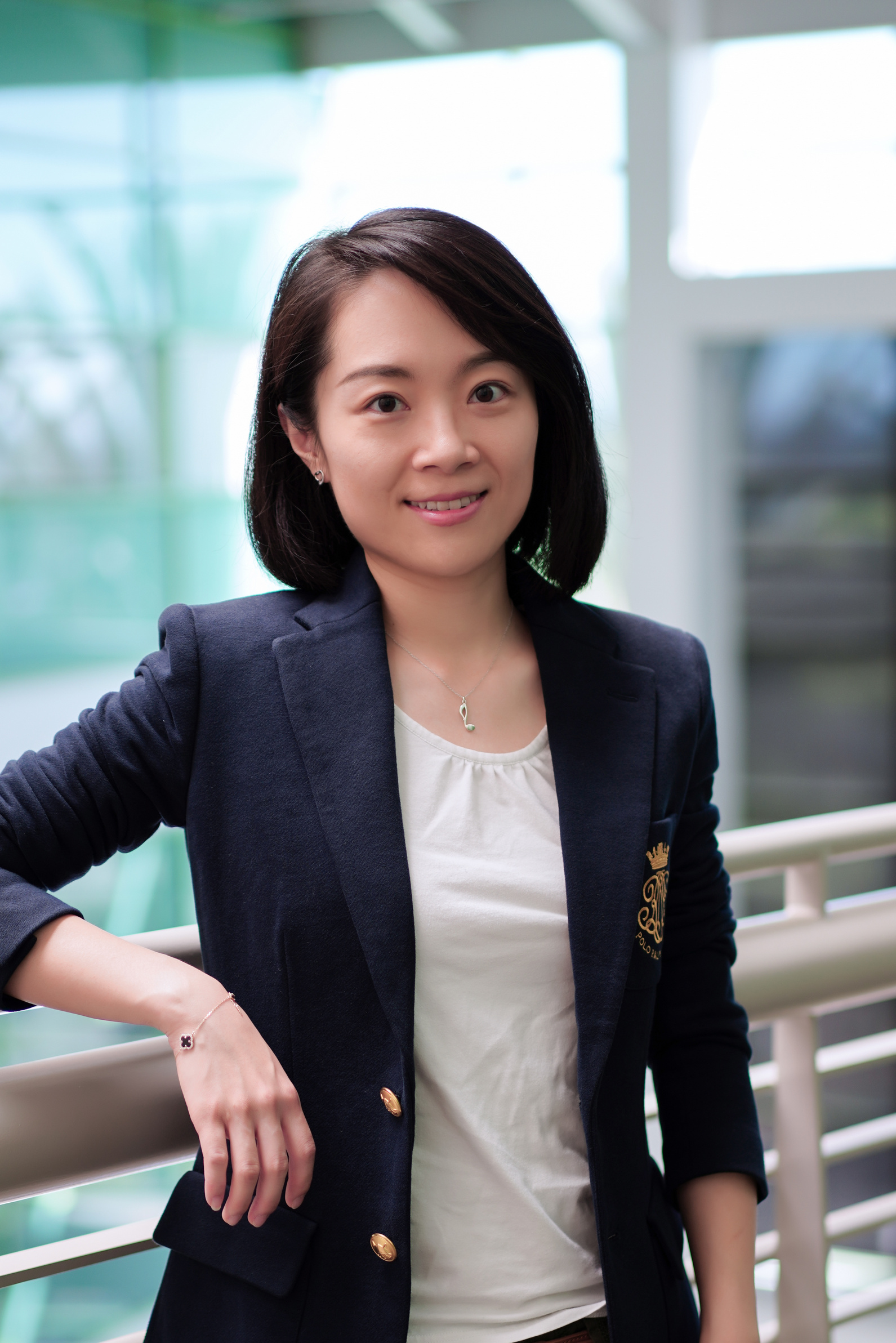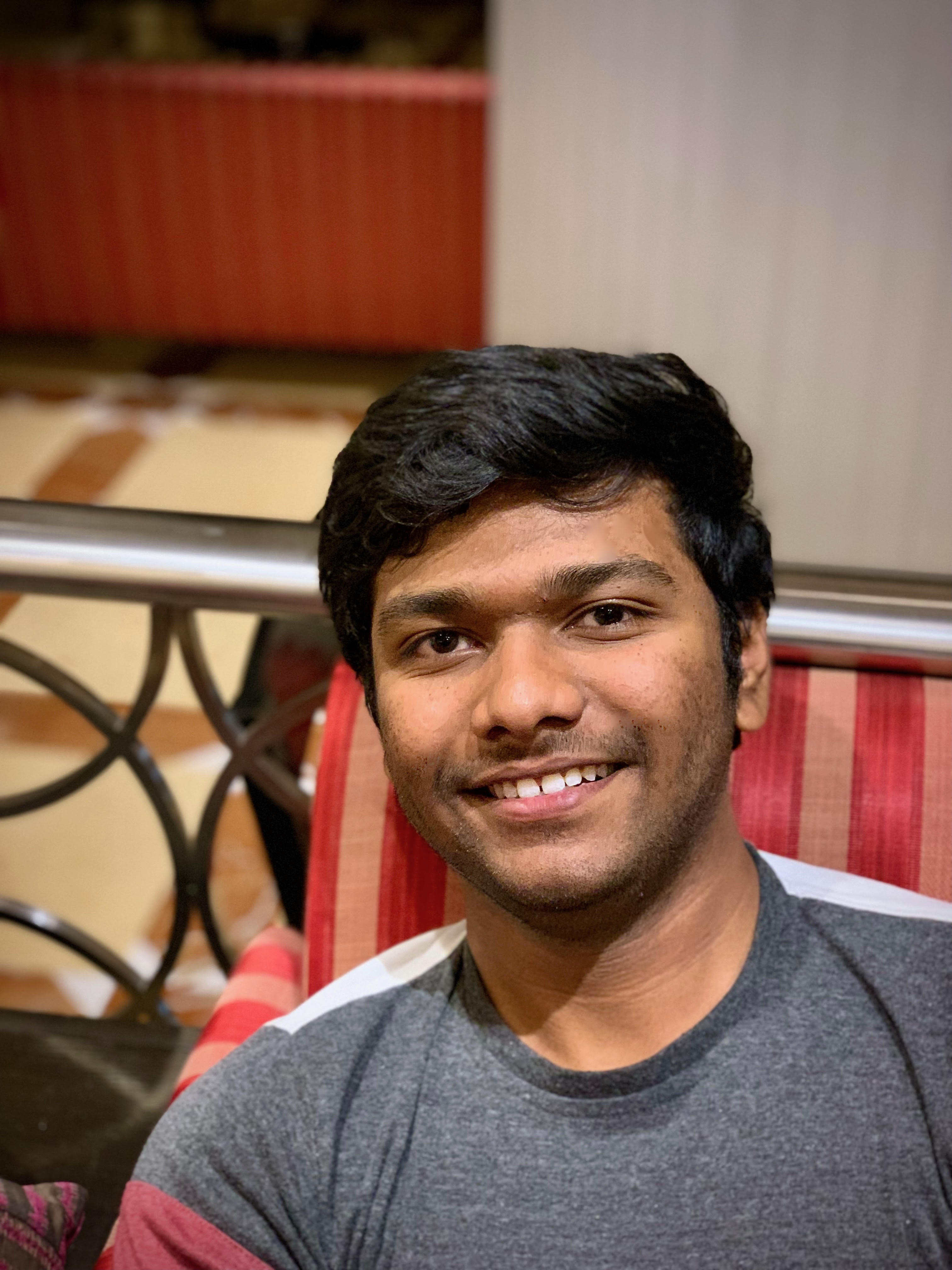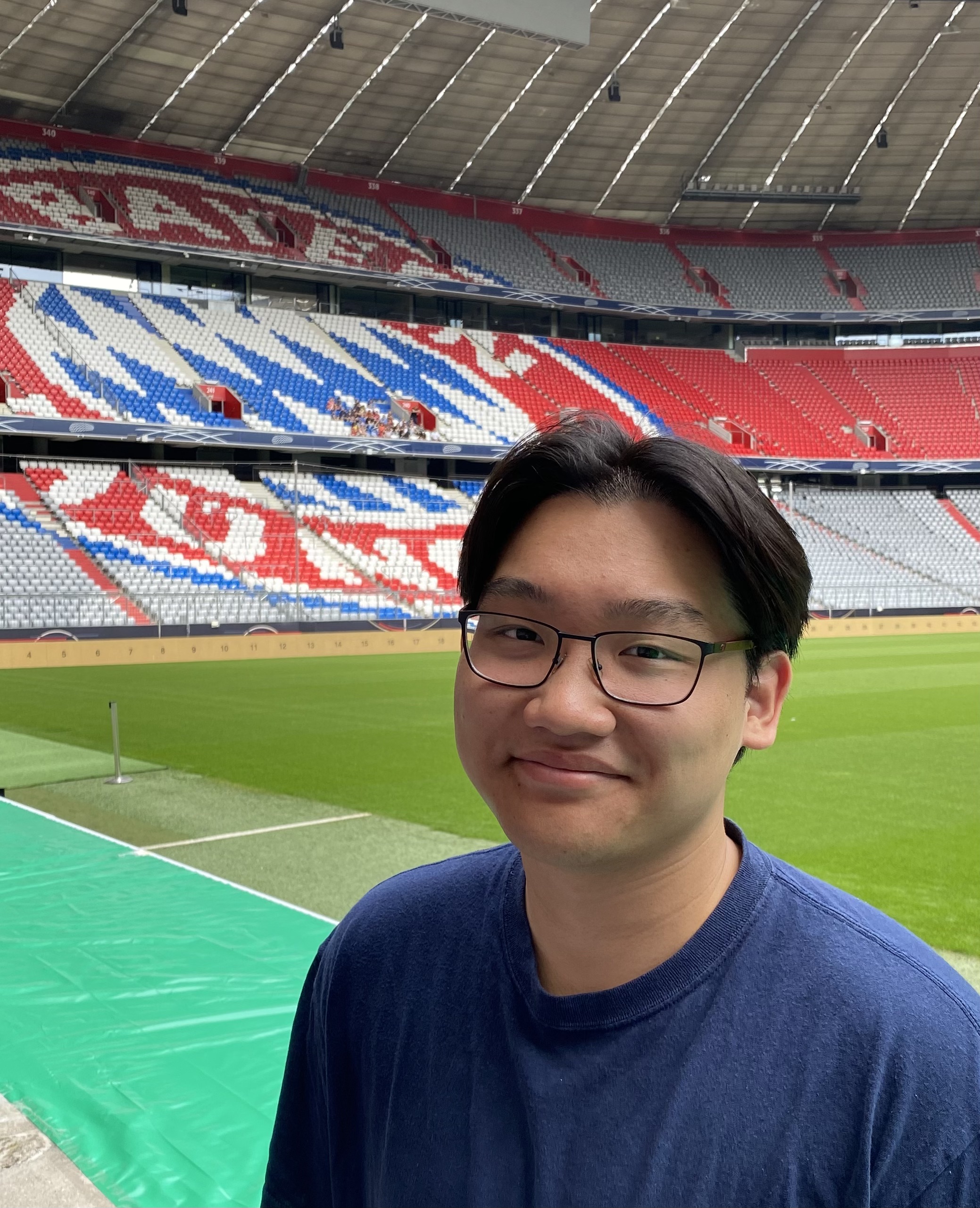
ECE444: Software Engineering
(University of Toronto, Department of Electrical & Computer Engineering)Questions & Learning Goals
- When is a program good enough to ship? Have you built what the customer wanted?
- You can write code. Can you build software?
- How to efficiently collaborate with teammates in a distributed setting?
- How do you get a patch accepted into an open-source project?
- What are the research topics in the Software Engineering area?
Overview
Successful software projects require more than just technical expertise. Figuring out what the client wants, collaborating in a team, managing complexity, mitigating risks, staying on time and budget, and determining under various constraints when a product is good enough to be shipped are at least equally important topics that often have a significant human component. ECE444 explores these issues broadly covering the fundamentals of modern software engineering.
 Assuming reasonably solid programming skills (including unit testing and code-level design), we will explore the following topics:
Assuming reasonably solid programming skills (including unit testing and code-level design), we will explore the following topics:
- Process consideration for software development
(How do avoid problems early? When and how much to design? When and how much to test? When and how to involve the customers? Agile methods...) - Requirements elicitation, documentation, and evaluation
(How to figure out what the customer really wants? Who else has an interest? How can we measure success objectively? How can we reliably document expectations? ...) - Design for quality attributes

(How can we design a system to be able to scale to millions of users? How can we design security into a system? ...) - Strategies for quality assurance, including measurement, inspection, and static and dynamic analysis
(What quality assurance strategy is best for a given system? What can we automate and when should we keep humans in the loop? How much testing and what kind of testing should we do? What qualities are important to assure beyond functional correctness? Can we evaluate usability, scalability, reliability, performance? How can we statically guarantee the absence of certain security issues? ...) - Empirical methods in software engineering

(How can we measure quality attributes such as performance, security, and reliability? How can we measure how users interact with the system? How can we know whether the difference matters? ...) - Time and team management

(How to estimate the duration and costs of a project? How to monitor progress and risks to recognize issues early? How to coordinate developers in a team? How to form and develop teams? How to select and motivate team members? How to deal with team dynamics such as social loafing? ...) - Software Engineering Research

(Research in Software Engineering studies how we build software that repairs itself, intelligently adapts to a changing world, and is trustworthy in a world full of dangerous situations and adversaries. It explores how to create a world where everyone can harness the power of programming and how to help software teams to build high quality software systems. In this course, we will link each of the topics with the state-of-the-art SE research projects.) - Economics of software development
(business models, outsourcing, open source, ...)
This course has a strong technical focus, and students will get experience with team management and modern software-engineering tools. The course puts students on a fast track toward project management positions.
"It's kind of like a root canal: you waited till the end, there are things you could have done beforehand. It's like preventative healthcare, but it's preventative software." -- Margaret HamiltonLogistics and People
Lectures:
BA1160: Wednesday 12:00 PM - 1:00 PM.
SF1105: Thursday 9:00 AM - 11:00 AM.
PRA sessions are at GB 251
PRA-1: Monday 3:00 PM - 6:00 PM
PRA-2: Thursday 3:00 AM - 6:00 PM
PRA-3: Friday 12:00 PM - 3:00 PM
PRA-4: Tuesday 9:00 AM - 12:00 PM
Office hour: TBD (Other time by appointment)
Schedule
The following schedule describes the current planing status and the covered concepts. It is subject to change and will be updated as the semester progresses, especially to help focus on requested topics or support learning.
| Week | Topic |
|---|---|
| 1 | Introduction to Course Introduction to Software Engineering, process & teams |
| 2 | Process&Teams(2) Software Development Model Requirement Engineering (1): Functional/Non-functional Requirement, Requirement Elicitation, Personas |
| 3 | Requirement Engineering (2): Prepare interview protocol, Requirement documentation (User Stories) |
| 4 | Risk Analysis & Case Study - Boeing 737Max Software Architecture (1): Intro, UML, Case Study -- Twitter Re-architecture |
| 5 [Oct 4&5] | [NO IN-PERSON LECTURE THIS WEEK] [recording will be uploaded] Software Architecture (2): Monolithics and Microservices, system design, tactics Front-end Design, Prototyping, Code Review |
| 6 | TDD measurement Software Testing |
| 7 [Oct 18&19] | NO IN-PERSON LECTURE ON Wednesday, October 18] [recording will be uploaded] Design Patterns: SOLID, Common patterns |
| 8 | DevOps Quality Assurance Program analysis 101 |
| 9 | AI4SE SE4AI Open-Source 101 |
| 10 [Nov 6-10] | Engineering Fall Study Break |
| 11 | Project 1 - Final Presentations |
| 12 | Project 1 - Final Presentations |
| 13 | SE Ethics & Course Summary |
11/6-11/10 Engineering Fall Study Break (link).
Course Syllabus
The course uses Quercus for homework submission, grading, discussion, questions, announcements, and supplementary documents; slides will be posted here; GitHub is used to coordinate group work.
Expected Course Workload: Student workload should average to about 10 hours per week for ALL course-related activities (reference), including “contact” and/or “viewing” time, assignment/project completion, self-study, etc. In general, 3 hours/week will be spent in class and 7 hours on reading and project. Please feel free to give the course staff feedback on how much time the course is taking for you.
Teamwork: Teamwork is an essential part of this course. Most of the time spent working on this course will be spent working on the group project in teams of 3-5 students. There will be milestones for the project, and each milestone report has a component that is for the entire group and a component that is graded individually. Guidance on teamwork, reflection, and conflict resolution will be provided throughout the semester and are an essential component of the class. The team policy posted on Quercus applies and describes roles and teams and how to deal with conflicts and imbalances.
Communication: We make announcements through Quercus, including clarifying homework assignments and other interactions. The instructors and TAs hold weekly labs and are reachable by email; see above for information on how to contact us. Email them for additional appointments.
Textbook: Various readings throughout the semester available online or through the library; we do not have a single text book but rather assemble readings from different sources.
Course Policies
Late work policy: In this course, we provide a 1-hour fixed grace period for all assignments. Any work submitted between 1 hour and 24 hours past the deadline will receive a 20% grade deduction. Please note that no other late work will be accepted beyond this grace period.
Exceptions to this policy will be made only in extraordinary circumstances, almost always involving a family or medical emergency with your academic advisor or the Dean of Student Affairs requesting the exception on your behalf. Accommodations are possible if requested at least 3 days in advance. Please communicate with your team about timing issues.
Academic Integrity Policies and Collaboration: The usual policies
apply, especially
the University
Policy on Academic Integrity and the Code of Behaviour on Academic Matters at UofT.
We expect that group members collaborate with one another, but that groups work independently from one another, not exchanging results with other groups. Within groups, we expect that you are honest about your contribution to the group's work. This implies not taking credit for others' work and not covering for team members that have not contributed to the team. Otherwise, our expectations regarding academic honestly and collaboration for group work are the same as for individual work, substituting elevated to the level of "group."
Here are some examples of behavior that are inappropriate:
- Copying or retyping, or referring to, files or parts of files (such as source code, written text, or unit tests) from another person or source (whether in final or draft form, regardless of the permissions set on the associated files) while producing your own. This is true even if your version includes minor modifications such as style or variable name changes or minor logic modifications.
- Getting help that you do not fully understand, and from someone whom you do not acknowledge on your solution.
- Writing, using, or submitting a program that attempts to alter or erase grading information or otherwise compromise security of course resources.
- Lying to course staff.
- Giving copies of work to others, or allowing someone else to copy or refer to your code or written assignment to produce their own, either in draft or final form. This includes making your work publicly available in a way that other students (current or future) can access your solutions, even if others' access is accidental or incidental to your goals. Beware the privacy settings on your open source accounts!
- Coaching others step-by-step without them understanding your help.
If any of your work contains any statement that was not written by you, you must put it in quotes and cite the source. If you are paraphrasing an idea you read elsewhere, you must acknowledge the source. Using existing material without proper citation is plagiarism, a form of cheating. If there is any question about whether the material is permitted, you must get permission in advance. We will be using automated systems to detect software plagiarism.
It is not considered cheating to clarify vague points in the assignments, lectures, lecture notes; to give help or receive help in using the computer systems, compilers, debuggers, profilers, or other facilities; or to discuss ideas at a very high level, without referring to or producing code.
Any violation of this policy is cheating. The minimum penalty for cheating (including plagiarism) will be a zero grade for the whole assignment. Cheating incidents will also be reported through University channels, with possible additional disciplinary action (see the above-linked University Policy on Academic Integrity).
If you have any question about how this policy applies in a particular situation, ask the instructors or TAs for clarification."
Note that the instructors respect honesty in these (and indeed most!) situations.
Inclusivity, Accommodations & Mental Health Support
Inclusivity Statement: You belong here. The University of Toronto commits to all students, faculty and staff that you can learn, work and create in a welcoming, respectful and inclusive environment. In this class, we embrace the broadest range of people and encourage their diverse perspectives. This team environment is how we will innovate and improve our collective academic success. You can read the evidence for this approach here.
We expect each of us to take responsibility for the impact that our language, actions and interactions have on others. Engineering denounces discrimination, harassment and unwelcoming behaviour in all its forms. You have rights under the Ontario Human Rights Code. If you experience or witness any form of harassment or discrimination, including but not limited to, acts of racism, sexism, Islamophobia, anti-Semitism, homophobia, transphobia, ableism and ageism, please tell someone so we can intervene. Engineering takes these reports extremely seriously. You can talk to anyone you feel comfortable approaching, including your professor or TA, an academic advisor, our Assistant Dean, Diversity, Inclusion and Professionalism, the Engineering Equity Diversity & Inclusion Action Group, any staff member or a U of T Equity Office.
You are not alone. Here you can find a list of clubs and groups that support people who identify in many diverse ways. Working together, we can all achieve our full potential.
Syllabus Statement on Accommodations:
The University of Toronto supports accommodations for students with diverse learning needs, which may be associated with mental health conditions, learning disabilities, autism spectrum, ADHD, mobility impairments, functional/fine motor impairments, concussion or head injury, blindness and low vision, chronic health conditions, addictions, deafness and hearing loss, communication disorders and/or temporary disabilities, such as fractures and severe sprains, or recovery from an operation.
If you have a learning need requiring an accommodation the University of Toronto recommends that students register as soon as possible with Accessibility Services at here.
Phone: 416-978-8060
Email: accessibility.services@utoronto.ca
Mental Health Statement: As a university student, you may experience a range of health and/or mental health challenges that could result in significant barriers to achieving your personal and academic goals. Please note, the University of Toronto and the Faculty of Applied Science & Engineering offer a wide range of free and confidential services that could assist you during these times.
As a U of T Engineering student, you have an Academic Advisor (undergraduate students) or a Graduate Administrator (graduate students) who can support you by advising on personal matters that impact your academics. Other resources that you may find helpful are listed on the U of T Engineering Mental Health & Wellness webpage, and a small selection are also included here:





